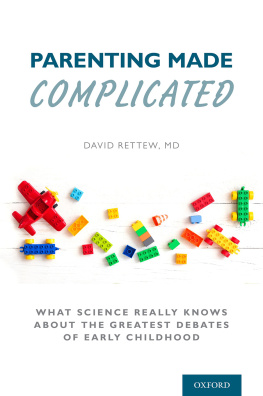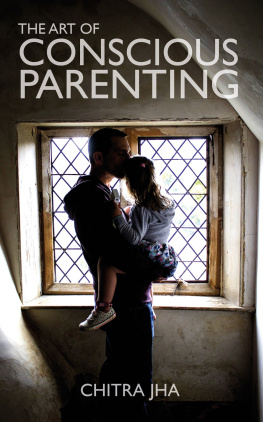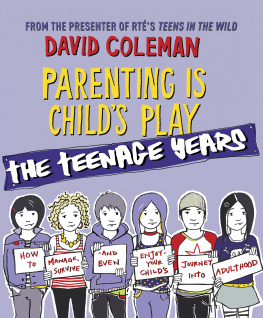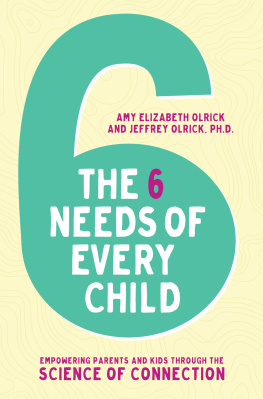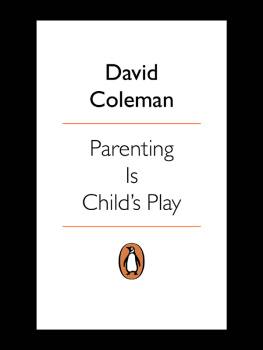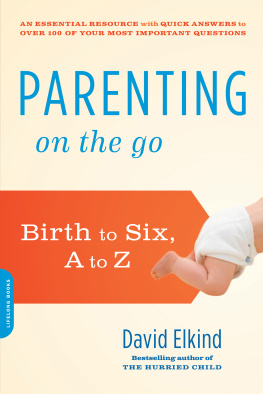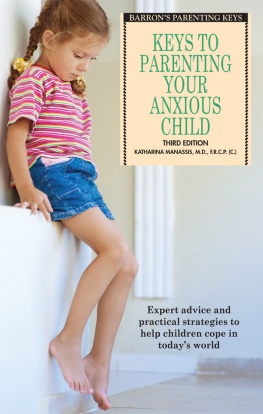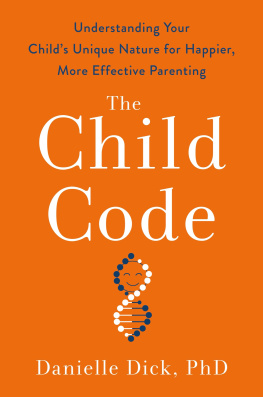Parenting Made Complicated

Oxford University Press is a department of the University of Oxford. It furthers
the Universitys objective of excellence in research, scholarship, and education by publishing worldwide. Oxford is a registered trade mark of Oxford University Press in the UK and certain other countries.
Published in the United States of America by Oxford University Press
198 Madison Avenue, New York, NY 10016, United States of America.
Oxford University Press 2021
All rights reserved. No part of this publication may be reproduced, stored in a retrieval system, or transmitted, in any form or by any means, without the prior permission in writing of Oxford University Press, or as expressly permitted by law, by license, or under terms agreed with the appropriate reproduction rights organization. Inquiries concerning reproduction outside the scope of the above should be sent to the Rights Department, Oxford University Press, at the address above.
You must not circulate this work in any other form and you must impose this same condition on any acquirer.
Library of Congress Cataloging-in-Publication Data
Names: Rettew, David, author.
Title: Parenting made complicated : what science really knows about the greatest
debates of early childhood / by David Rettew, MD.
Description: New York, NY : Oxford University Press, [2021] |
Includes bibliographical references and index.
Identifiers: LCCN 2020036526 (print) | LCCN 2020036527 (ebook) |
ISBN 9780197550977 (hardback) | ISBN 9780197550991 (epub) |
ISBN 9780197551004 (oso)
Subjects: LCSH: Parenting. | Parent and child. | Child development.
Classification: LCC HQ755.8 .R468 2021 (print) |
LCC HQ755.8 (ebook) | DDC 649/.1dc23
LC record available at https://lccn.loc.gov/2020036526
LC ebook record available at https://lccn.loc.gov/2020036527
DOI: 10.1093/oso/9780197550977.001.0001
This book is dedicated to my mother, Sally, and my father, John, who gave me lots of the love and limits that I needed, although I may not have always appreciated it.
Also by David Rettew
Child Temperament: New Thinking About the Boundaries Between Traits and Illness
Contents
This book is the product of a very long journey, so there are many people to thank along the way. As described in the first chapter, the idea for the book came 20 years ago from a question about the safety of sleep training that was asked by the mother of one of my patients and whose name I unfortunately have long forgotten. I first brought up the idea for the book soon after that in a supervision session with Dr. Gene Beresin at Massachusetts General Hospital. He very easily could have told me that I had other things on my plate at the time than book writing, but instead his advice was to stop talking about the book and get to writing it, before someone else does.
I finally did, and I am grateful to people like Dr. Jim Hudziak, Director of Child & Adolescent Psychiatry at the University of Vermont Medical Center, for helping me find time to write while still keeping my day job. I also want to thank Dr. Jess Shatkin, author of Born to Be Wild, who offered his expertise in publishing as well as introducing me to some key people, such as literary agent Bonnie Solow who worked with me during the early stages of this process and helped me make the book more accessible to general readers. Two editors, Kittie Moore and Christine Benton, at the books first home, Guilford Press, also deserve recognition for pushing the book in a direction that it needed to go.
My editor in chief at Oxford University Press, Abby Gross, took a chance in taking me back as an author when this project was suddenly without a publisher. Im very grateful to her for doing this and hope she is pleased with the outcome of her decision. Thanks also to assistant editor Katherine Pratt, production editor Prabha Karunakaran, and lots of other people Ive never had the chance to meet or thank personally who helped this book become real, as well as Holly Watson in publicity relations for her efforts to make as many people as possible aware of this effort.
Of course, big thank-yous also need to be given to my family. My brother Jim designed and supported the books website. Im also incredibly thankful for my wife, Valerie, who gave me continued support and inspiration even when I was starting to have my doubts that this project would ever see the inside of a production facility. Finally, I want to thank my three wonderful sons who have made fatherhood such a wonderful experience and have taught me as much if not more than Ive taught them.
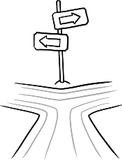
All kids need love. All kids need limits.
After that, things can get complicated.
Fortunately for us, we have lots of help when it comes to finding answers to the most debated and vexing questions in parentdom. Theres advice on discipline from the overbearing grandfather who swears that a good spanking worked for him and should therefore work for everyone, guidance about picky eating from the know-it-all friend whose toddler devoured liver and onions at age two, and tips from the nosy male boss who is just a little too comfortable talking about the health benefits of breastfeeding. And, of course, these days, the modern parent can also look to the seemingly endless quantity of books, articles, blogs, and television showsall of which seem to arrive at different conclusions.
Parental advice from friends and relatives is nothing new, but guidance from total strangers is a relatively recent phenomenon. Dr. Benjamin Spocks 1946 classic book, Baby and Child Care, now in its ninth edition,1 ushered in a wave of parenting guidebooks, despite the somewhat ironic fact that one of the authors central messages was that parents should feel comfortable trusting their own instincts. Yet the more investigating you do to find that correct answer, the more puzzled you often can become. There is no one more confident about a parenting topic than the person who has just finished reading one book on the subject, and no one less confident than the person who has finished two.
Are time-outs effective discipline or abuse? Do children develop better with a stay at home parent or in a daycare? Should I let my toddler play video games? Are kids these days getting too much praise? These are the kinds of questions that so many moms and dads want answered in trying to be the best parents and caretakers that they can. The difficulty isnt finding someone who will give them a definite answer; the difficulty is in finding two people who will give them the same answer.
There are a number of reasons why it can be so hard to get a consistent response to what sound like straightforward questions. Some of them have to do with the complexity of human brain and the way that scientific data about parenting is created, while others have to do with the way those data are conveyed. One of the most important things to realize about most parenting guidance is that it tends to come less in the form of a buffet of options and more like a legal argument a lawyer would make to steer a jury to a particular foregone conclusion. Authors of parenting books and blogs generally stake out a particular thesis on something, like modern parents are too indulgent these days or that screens are destroying developing brains, and then try to get as many people as possible to agree with them. Some carefully selected scientific data are very often

